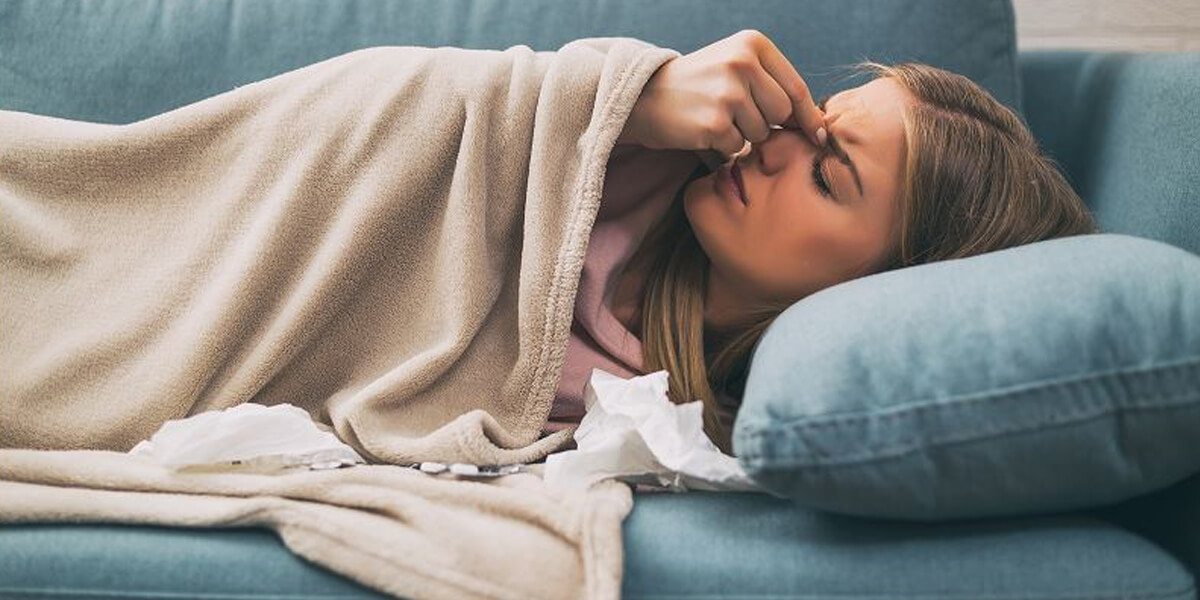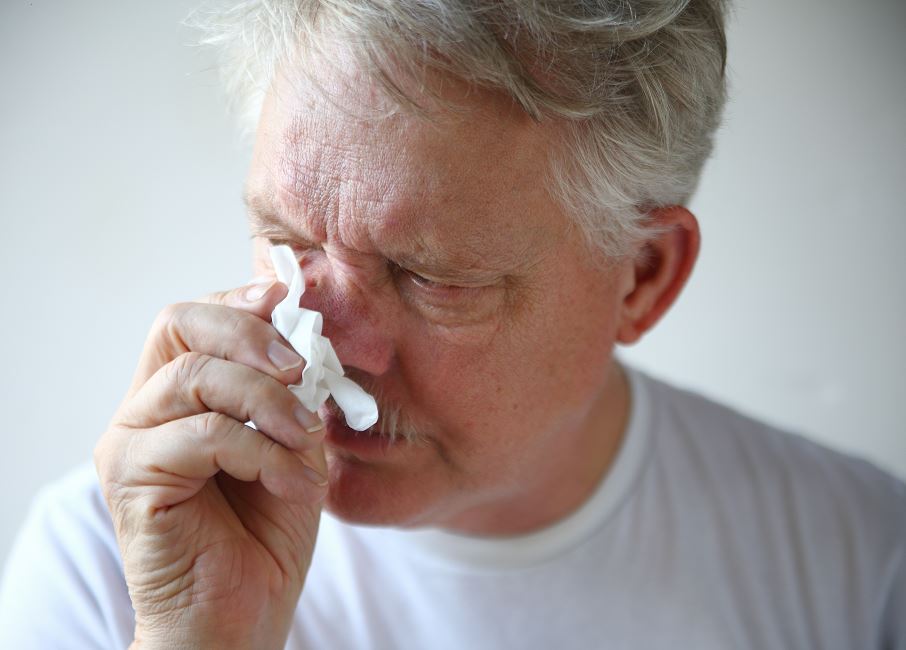
Dryness and discomfort associated with dry mouth are some of the most common issues for CPAP users. That’s not surprising considering the CPAP machine is blowing air stright into the user’s nasal and oral passageways. Dry mouth can lead to congestion and soreness, and often leads many people with sleep apnea to resist treatment. The effects of dry mouth can be severe for new CPAP users who are not used to the effects of pressured air flows throughout the night, as well as those users whose masks don’t fit correctly, which leads to air leakage throughout the night. Don’t worry – we have a number of solutions to help you deal with these issues.
Solutions for Dry Nose and Mouth
Add a Humidifier
By far, the most common and effective solution for dry nose and mouth is the use of a heated humidifier. Heated humidifiers are optional for most CPAP users, but they are extremely useful for those struggling with dry mouth or nasal congestion. Heated humidifiers can be purchased separately and used as an add-on unit for a CPAP machine, or they can come built into your CPAP machine. They can be used in conjunction with either standard or heated tubing, but heated tubing is recommended for those who experience condensation on the tube – also known as rainout.
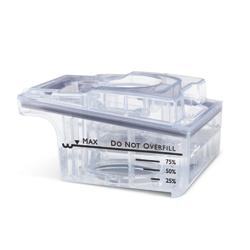 Humidifiers ensure that the air distributed by the CPAP machine contains enough moisture to prevent dry mouth and nasal passages. You might want to consider experimenting with different humidity levels on your machine setting for a few nights to find the right humidity level for your needs.
Humidifiers ensure that the air distributed by the CPAP machine contains enough moisture to prevent dry mouth and nasal passages. You might want to consider experimenting with different humidity levels on your machine setting for a few nights to find the right humidity level for your needs.
If you decided that using a humidifier is not a good choice for you, there are a few other options you can try to alleviate dryness and irritation, and make your CPAP experience much more comfortable.
Try a Chinstrap
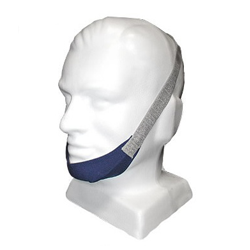 A lot of the dry mouth and associated discomfort comes from sleeping with your mouth wide open at night. This often occurs among nasal or nasal pillow mask users who may be unaware that their jaw opens once they fall asleep. The use of a chinstrap is a particularly effective solution for nasal and nasal pillow mask users. The chinstrap ensures that your mouth stays closed, and therefore moist, throughout a full night’s sleep.
A lot of the dry mouth and associated discomfort comes from sleeping with your mouth wide open at night. This often occurs among nasal or nasal pillow mask users who may be unaware that their jaw opens once they fall asleep. The use of a chinstrap is a particularly effective solution for nasal and nasal pillow mask users. The chinstrap ensures that your mouth stays closed, and therefore moist, throughout a full night’s sleep.
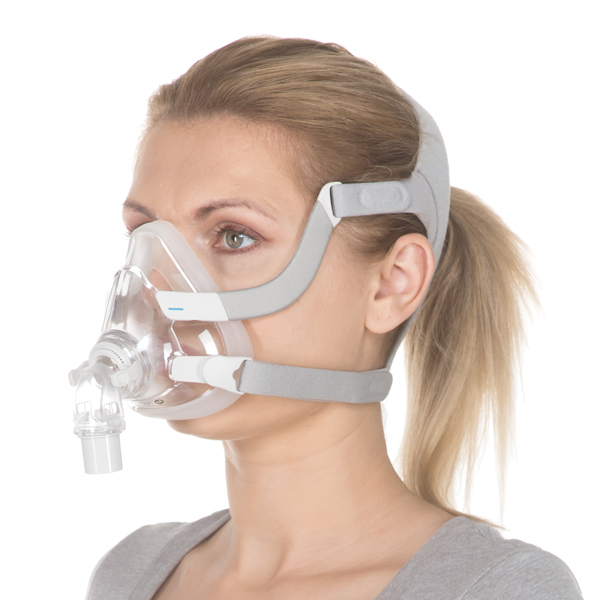 Switch to a Full-Face Mask
Switch to a Full-Face Mask
For nasal and nasal pillow mask users who do not want to use a chinstrap, another solution to dry mouth and nasal passages is to switch to a full-face mask. The full-face mask covers both your nose and mouth and often alleviates dry mouth, especially when used with a humidifier on your CPAP machine.
Xylimelts
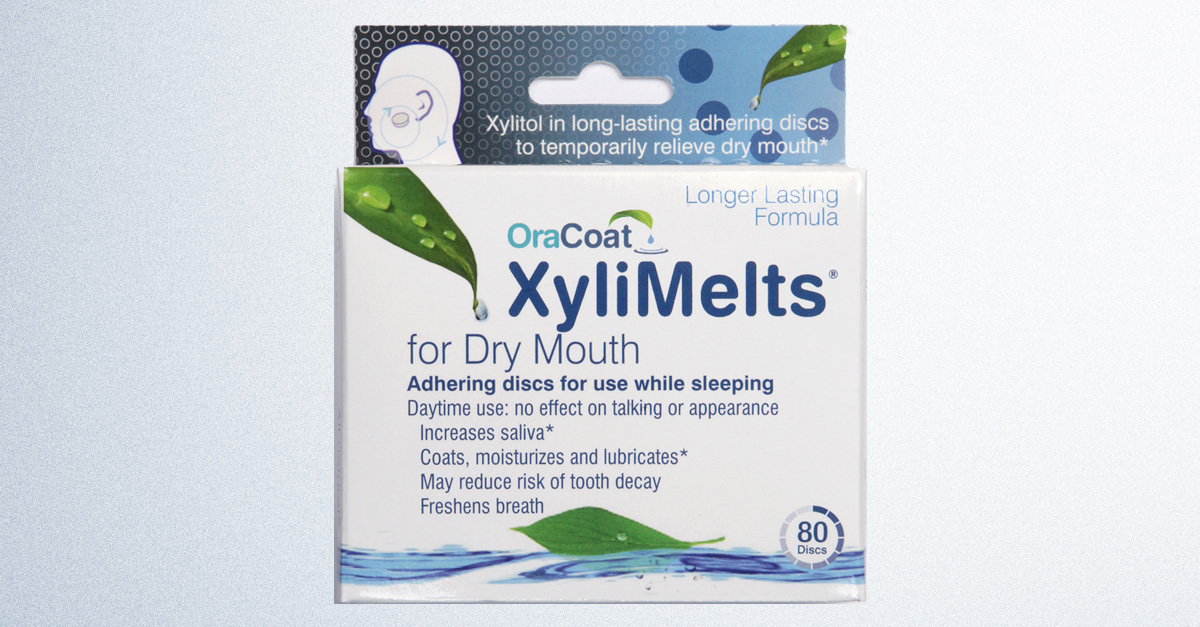 You can also try using Xylimelts, which are adhesive disks that you attach to the interior of your mouth. Xylimelts not only increase saliva, but also moisturize your mouth, coating it in a soothing oral lubricant. This action will keep your mouth comfortable for hours. As added bonuses, Xylimelts also freshen your breath and reduce the risk of tooth decay.
You can also try using Xylimelts, which are adhesive disks that you attach to the interior of your mouth. Xylimelts not only increase saliva, but also moisturize your mouth, coating it in a soothing oral lubricant. This action will keep your mouth comfortable for hours. As added bonuses, Xylimelts also freshen your breath and reduce the risk of tooth decay.
Check for Leakage
Have you tried a humidifier, full-face mask or chin strap and you’re still having problems with dry mouth every night? It might be time to check your equipment thoroughly for any cracks or sources of air leakage. If your mask needs to be replaced, is ill-fitted, or simply not the correct style for you, air leakage may occur. This air leakage will cause the humidified air to escape, and the dry air from your bedroom will cause you to experience dry mouth and nose. If this seems to be the case, consider speaking to your doctor or an expert through Easy Breathe’s customer service portal to find a mask or style that is better suited to your needs.



